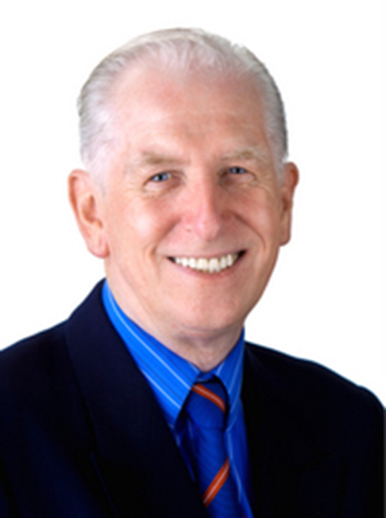By Dr Charles Margerison
Psychologist
Schools are increasingly appointing people to roles in career guidance, safeguarding and social emotional support, and mental health education.

Wellbeing is regarded as an important issue in schools, both for students and teachers. However, where should it fit with the traditional academic subjects that focus on mathematics, science, history, music and other subjects?
To support the focus on wellbeing education, I reviewed the life stories of over 500 amazing achievers. They made outstanding contributions in science, medicine, engineering, business, literature, music and art.
I noted that they had one thing in common. They all found a purpose on which they focused their energy and efforts. Although they had problems and difficulties, to achieve results, they managed their wellbeing in a positive way because of their strong personal purpose.
My research assessed the work/behaviour patterns adopted by people like Einstein, Curie, Gandhi, Nightingale, Pasteur and other high achievers.
All of them demonstrated strength of character to convert their ideas into impressive results, and to also support the wellbeing of others in difficult circumstances.
For example, both Nightingale and Curie made major contributions to support soldiers at the battlefronts during war. Other amazing people helped the disabled, homeless children, people with contagious diseases and those in need of care and protection.
I define these as ‘People with Purpose.’ Their purpose provided a shining beacon to guide their endeavours. They raised the spirits and wellbeing of others, through their vision and action.
Therefore, how can we help students understand and develop their own concept and choice of purpose?

Working with a team of teachers, we have developed a range of resources that we call ‘wellbeing workouts.’ These help students to understand ways and means of developing their own wellbeing. They have been incorporated into a website which is available at – www.amazingpeopleschools.com.
They provide practical examples of people with purpose who used their time well to make major contributions. In each case, they identified a purpose where they could make a positive contribution.
They woke up each day with something important to do. They focused their energy on solving problems to achieve their purpose.
Their wellbeing was linked to achieving their purpose. Indeed, in their written biographies, many mention being so engrossed in their work that time flashed by.
The research also indicated that they focussed their efforts outwards to achieve objectives related to their chosen purpose.
These are all examples of people with purpose. They did not have easy lives. However, their purpose guided their wellbeing.
Therefore, it is important that students are encouraged to find and fulfill a purpose that is important to them.
Through our work at Amazing People Schools, we provide resources to support students in discovering an important purpose in their life. One way to do this is for students to interview people in their community about their work.
By arranging interviews and writing up the career stories of nurses, fire fighters, aged care workers, and people in other jobs, students can assess where their own career purpose lies. In the process, they can assess if the work they see other people doing will accord with their personal preferences and wellbeing.

An important measure of wellbeing for each student is the extent to which their energy is positively engaged. If students can discover a purpose through career discussions, it will help them focus their efforts and energies.

Dr Charles Margerison, President and founder of Amazing People Worldwide, is a Psychologist. He is also President of Amazing People Schools. Dr Margerison has consulted widely for major organizations in the fields of organizational and educational psychology. He was previously Professor of Management at Cranfield University, UK, and the University of Queensland, Australia. He founded Amazing People Worldwide in 2006 and is supported by a dedicated global team. He previously co-founded Emerald Publications, and Team Management Systems and has authored more than 30 books. Dr Charles is also the creator of ‘Can Do Kids Worldwide, a virtual music group that helps students to learn about countries and cultures through music. He has also developed Imagineland, for early learners. You can follow him on Linked in .
For more information, please email info@amazingpeopleworldwide.com
Websites:



Copyright © 2021. Amazing People Worldwide.
All Rights Reserved.
This site is protected by reCAPTCHA and the Google
Privacy Policy and Terms of Service apply.



